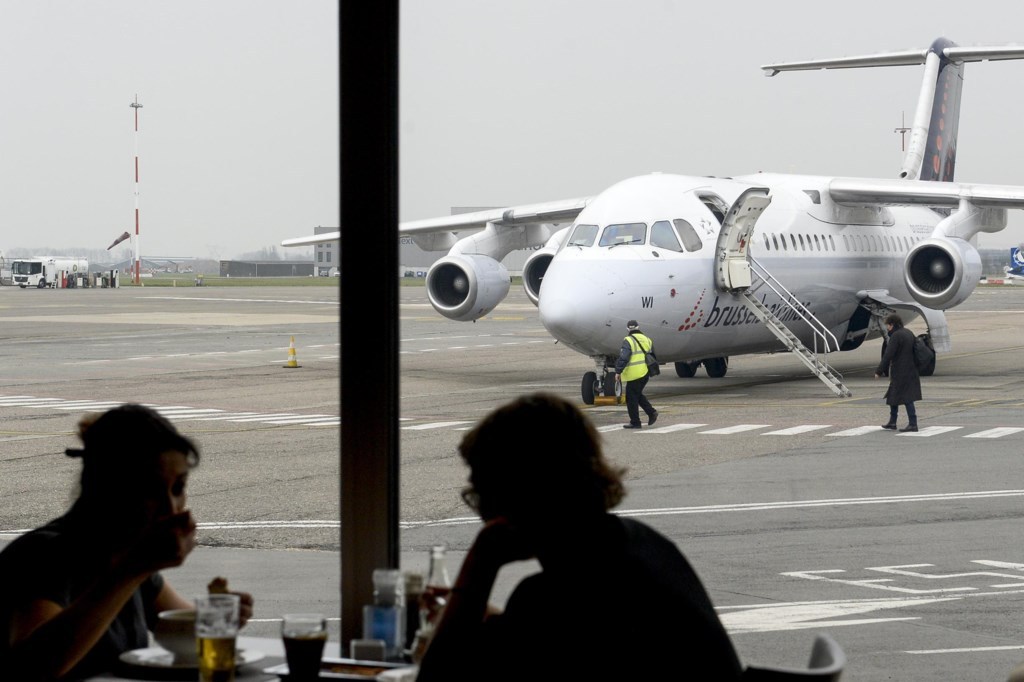As Belgium's ban on non-essential travel expires on Monday 19 April, the country switches back to the rules that were in force before the ban was implemented, meaning travel remains strictly discouraged.
The so-called "sworn statements" declaring someone's cross-border trip essential will no longer be necessary from Monday, but strict rules to check people returning to Belgium will remain in force.
"This is still not the time to travel," stressed Yves Stevens of the National Crisis Centre during a press conference on Friday. "At the moment, most of Europe is still a red zone."
People who do go abroad, against official advice, should check the rules that are in force at their destination before they leave, according to him. "In pretty much all European countries, measures such as curfews, restrictions on movement, a negative Covid-19 test or mandatory quarantine, are still in place."
"These measures, of course, also apply to travellers," Stevens added, referring travellers to the Foreign Affairs Ministry's website for specific rules per country.
Related News
- How travel will work after Belgium lifts its non-essential travel ban
- Cheat Sheet: Belgium's Newest Timeline
- EU 'vaccination passports' for travel this summer: how they will work
People who stayed abroad for more than 48 hours, are required to fill in a Passenger Locator Form (PLF) at least 48 hours before arrival in Belgium.
"The PLF must also be filled in by everyone coming to our country by plane or boat; or by train or bus if you are travelling from a country outside the EU or Schengen area," he said.
Based on the PLF and the colour code of the country you are coming from, the form calculates whether you are considered a high-risk contact.
"Travellers returning from a red zone are by definition considered to be high risk," he said. "And just to be clear: almost all of Europe is currently coloured red."
People who are considered a high risk will receive a text message telling them they have to go into quarantine and get tested on day 1 and 7.
"This quarantine, and these tests, are compulsory and can be checked by the police," Stevens said, adding that people who do not comply with this obligation risk a €250 coronavirus fine.
The system will remain in place until Belgium can switch to using the EU’s Digital Green Certificates, which are commonly known as "vaccination passports" to travel freely during the pandemic. According to EU Justice Commissioner Didier Reynders, the certificates should be ready for use from the end of June.
"However, I want to stress once again: it is in the general interest and in the interest of public health that we must all respect these current travel measures," Stevens said. "Only in this way can we move forward safely, step by step."
Maïthé Chini
The Brussels Times

